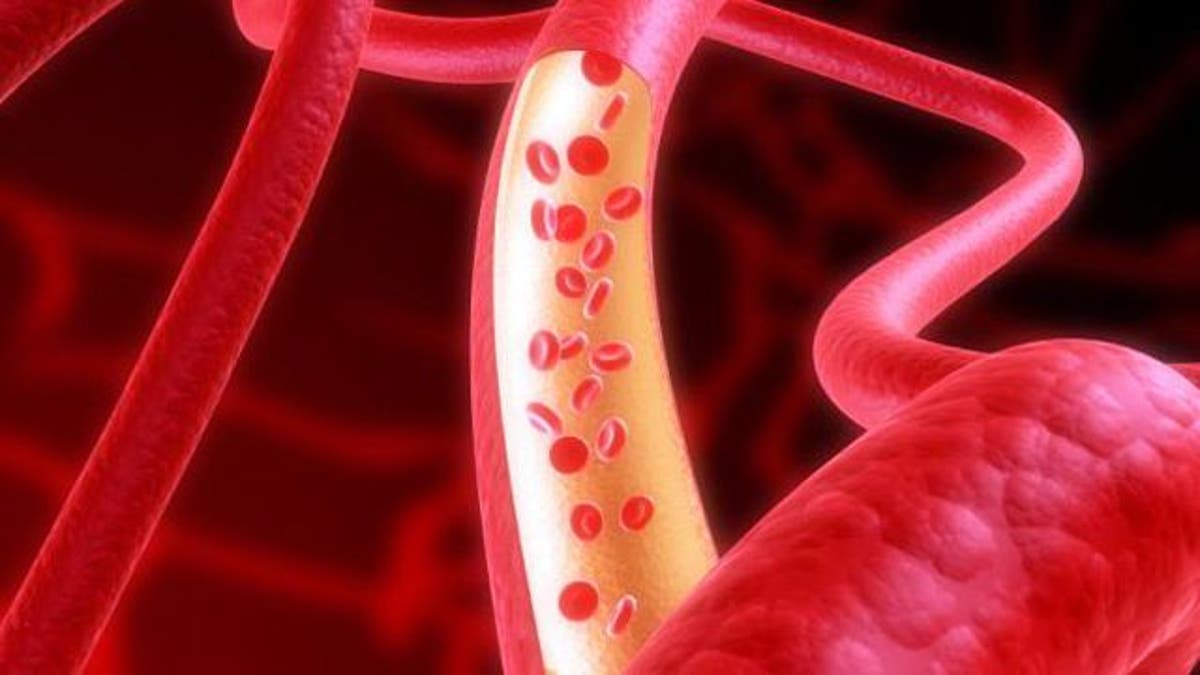
A large part of the country will experience below-normal temperatures in the next couple of days— and those changes may affect health.
When temperatures drop, the change could affect the cardiovascular system, said Dr. David Frid, a cardiologist at Cleveland Clinic.
“When the weather gets colder, your body is trying to conserve the heat, and in order to do that, the blood vessels become somewhat more constricted,” he said.
This constriction of blood vessels may cause blood pressure to rise and blood to thicken— increasing the risk for blood clots.
Even a modest decrease in temperature could potentially be hard on the heart. A study in the British Medical Journal linked a 2 degrees Fahrenheit drop in temperature to 200 extra heart attacks over the following 28 days.
Cold, damp weather can be hard on the joints, causing increased arthritis pain or swelling.
Additionally, quick change in temperature can bring about migraines. Experts say about half of all migraine sufferers list weather as a trigger.
“We do try certain strategies for having patients take medicines in advance of a known weather front, but we don’t have an evidence base with which to make that judgment,” said Dr. Stewart Tepper, an expert on headache pain at the Cleveland Clinic. “Some of us use anti-inflammatories, some of us use triptans, or other kinds of medications that are known to either prevent or terminate migraines.”
When the weather warms back up, it may lead to health issues such as eczema irritation or, for people with lung disease, difficulty catching a breath.








































